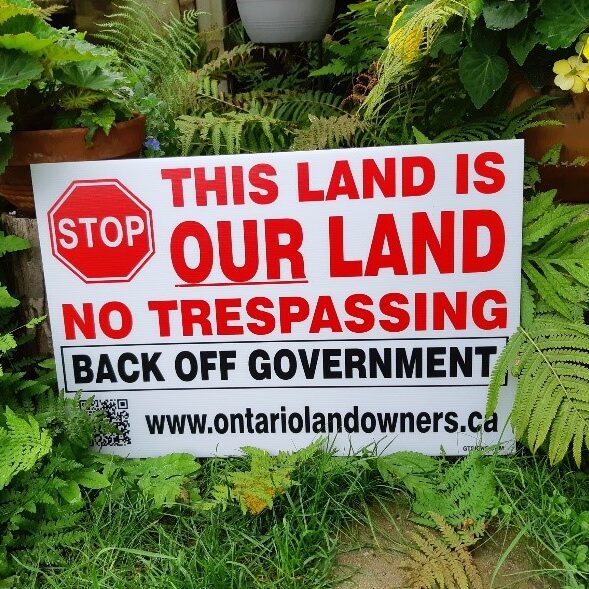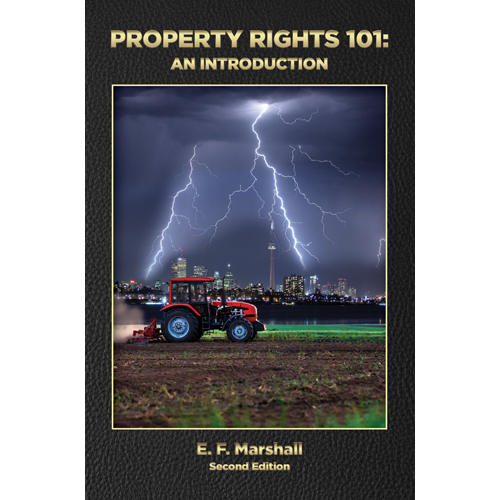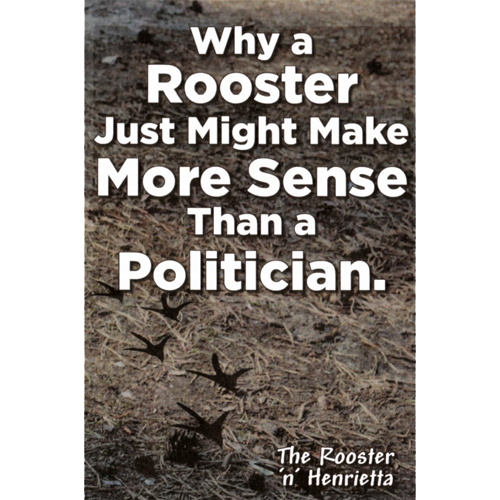The Docket – First Court Appearance – Not Guilty by Jeff D. Bogaerts, Paralegal
- 2017-08-01
- By admin
- Posted in Latest News
In the first article of this series, http://www.ontariolandowners.ca/news/docket-first-court-appearance-guilty-plea-jeff-bogaerts-paralegal/ I wrote about the procedures if you intended to plead guilty. Which, if this is the case, you have already paid the fine and gone home. Now that you have decided to plead Not Guilty, what do you do now?
As in the first article you have received your Summons To Appear, which tells you where and when to appear for court. Follow the procedures from the first article which then brings us to this point in time.
Your name has been called and you are now standing before the court, state your name. At this point, there will be a conversation between you, the Justice of the Peace, “Your Worship”, (or Judge, “Your Honour”) and the prosecution as to whether you are self-represented, have counsel or are seeking counsel.
If you are seeking counsel, then the JP, the prosecution and you will decide the date that you will return to court with your counsel to continue the case. This date could be from 2 to 6 weeks later depending on how busy the court is. You will hear the phrase “To be spoken to”, this is a standard phrase where the court will hear what the results are from a previous court appearance. In this case, your next appearance, “to be spoken to”, could be whether you have counsel or not or whether you have received disclosure or some other issue.
Before you leave the court, you must ask for “disclosure”. This is the document package that contains the evidence that the prosecution has about your case. Some courts will require that you write to them asking for disclosure, some courts have forms to fill out at the clerk’s desk asking for disclosure. Regardless of the procedure make sure you ask for disclosure in the court room before the JP and put it “on the record”.
Before completing your appearance and leaving court, ask this question of the prosecution so it too is on the record. How long it will take to “obtain disclosure”? Will I receive disclosure at my next appearance? How can I obtain disclosure before my next appearance? These are all reasonable questions and it is the responsibility of the prosecution to either have these answers or find out the answers and send them to you. It is important for you to communicate to the court and the prosecution. Get it in writing and on the record.
During this appearance, you may be asked to waive your “11b”. This is a reference to your Charter of Rights and Freedoms section 11b, your right to be tried within a reasonable time. The Supreme court has set out guidelines for how long a trial should take given the type of offence. I have included a link for further reading on this section of the charter. Do not waive your “11b”. You may answer the court by saying, “I am not prepared to waive my 11b at this time”. You should only waive your 11b when it is in your best interest to do so. We will discuss 11b in greater detail later in this series.
https://en.wikipedia.org/wiki/Section_11_of_the_Canadian_Charter_of_Rights_and_Freedoms
In review, you have set another court date, asked for disclosure, and not waived your charter 11b. Say, “Thank-you your Worship” and leave the courtroom. Do not forget to go to the Clerk’s office if you need to apply for disclosure.
This ends your first court appearance where you intend not to plead guilty. Now the work begins whether with self-representation or with counsel. Obtain your disclosure as soon as possible and when you get it, go over it in detail looking for any possible information that is missing that you need to defend your case. If information is missing you have the right to ask for it. You may not get it and this will require a charter of rights and freedoms motion before the court to argue to get it. This is another article in the series.
Upcoming articles in this journey will be, disclosure, counsel pre-trial, judicial pre-trial, motions and set date for trial.
Search:
Categories
Archives
- April 2024
- January 2024
- December 2023
- November 2023
- August 2023
- July 2023
- June 2023
- May 2023
- April 2023
- March 2023
- February 2023
- January 2023
- December 2022
- November 2022
- October 2022
- September 2022
- August 2022
- July 2022
- June 2022
- May 2022
- April 2022
- March 2022
- February 2022
- January 2022
- December 2021
- November 2021
- October 2021
- September 2021
- August 2021
- July 2021
- June 2021
- May 2021
- April 2021
- March 2021
- February 2021
- January 2021
- December 2020
- November 2020
- October 2020
- September 2020
- August 2020
- July 2020
- June 2020
- May 2020
- April 2020
- March 2020
- February 2020
- January 2020
- December 2019
- November 2019
- October 2019
- September 2019
- August 2019
- July 2019
- June 2019
- May 2019
- April 2019
- March 2019
- February 2019
- January 2019
- December 2018
- November 2018
- October 2018
- September 2018
- August 2018
- July 2018
- June 2018
- May 2018
- April 2018
- March 2018
- February 2018
- January 2018
- December 2017
- November 2017
- October 2017
- September 2017
- August 2017
- July 2017
- June 2017
- May 2017
- April 2017
- March 2017
- February 2017
- January 2017
- December 2016
- November 2016
- October 2016
- September 2016
- August 2016
- July 2016
- June 2016
- May 2016
- April 2016
- March 2016
- February 2016
- January 2016
- December 2015
- November 2015
- October 2015
- September 2015
- August 2015
- July 2015
- June 2015
- May 2015
- April 2015
- March 2015
- February 2015
- January 2015
- December 2014
- November 2014
- October 2014
- September 2014
- August 2014
- July 2014
- June 2014
- May 2014
- April 2014
- March 2014
- February 2014
- January 2014
- December 2013
- November 2013
- October 2013
- September 2013
- August 2013
- June 2013
- April 2013
- October 2012
- May 2012
- September 2011



